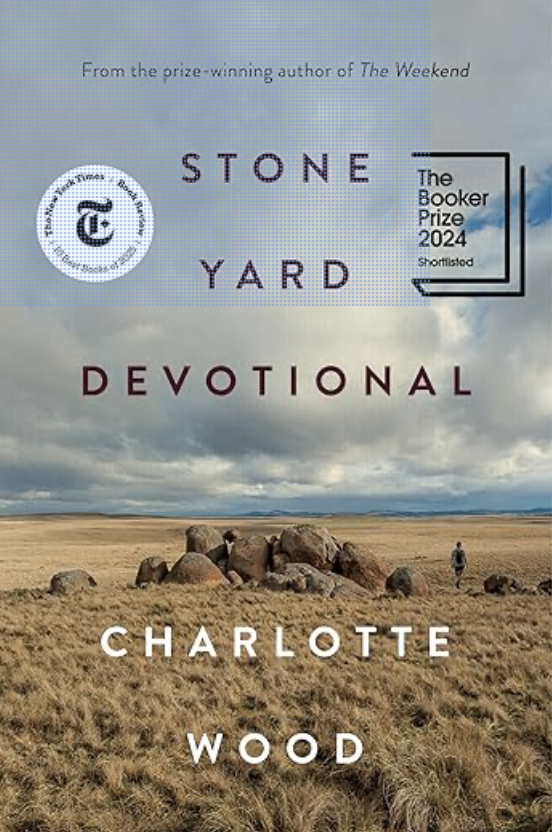
Recent Reviews


HAPPY HOLIDAYS!
Happy Holidays. Hoping that 2025 was filled with family, friends and many enlightening books. Thanks for visiting
readsreading.com
Warmly, Kathy
“I declare after all there is no enjoyment like reading!” — Jane Austen
“Reading fiction not only develops our imagination and creativity, it gives us the skills to be alone. It gives us the ability to feel empathy for people we've never met, living lives we couldn't possibly experience for ourselves, because the book puts us inside the character's skin.” — Ann Patchett

The Correspondent by Virginia Evans
Virginia Evans’s novel The Correspondent radiates warmth, wisdom, insight, and humor. Structured as a collection of letters and emails, the narrative beautifully explores the inner world of a woman’s life while offering her unique perspective on the human experience. The book also celebrates the value and magic of the written word making this novel my favorite of 2025.
Each morning, 73-year-old Sybil Van Antwerp sits down to write letters, a daily ritual she has maintained for much of her life. Her correspondence includes neighbors, colleagues, authors, her brother, her children, her best friend, and one person to whom she writes without ever sending the letters. Expressing her thoughts and emotions through correspondence s becomes her way of connecting with others, while also maintaining distance. Sybil is divorced, a mother of two living children and a retired lawyer. Her personality is marked by stubbornness, sarcasm, and sassiness, yet she also possesses a strong sense of manners and decorum.
Self-sufficiency has long been her pride, but she is gradually losing her sight. Uncomfortable as it is, she finds herself needing help from other people. Ironically, as her vision narrows, her world broadens. This vulnerability seems to make her correspondence more revealing. She seems to be gaining deeper insights about herself and the people in her life. She writes to her daughter, “I know you think of me as your mother only, but please remember, inside, I am also just a girl.”
This period of change leads Sybil to seek forgiveness and to forgive those who have wronged her. She writes with increasing humility and grace. As the narrative unfolds, readers become acquainted with her family and associates, witnessing her steady personal growth. The novel ultimately celebrates the power of writing as a tool for self-discovery.
The Correspondent is an uplifting and perceptive book, offering readers a heartfelt celebration of emotional evolution and the enduring significance of the written word. Highly recommend. 5/5.
